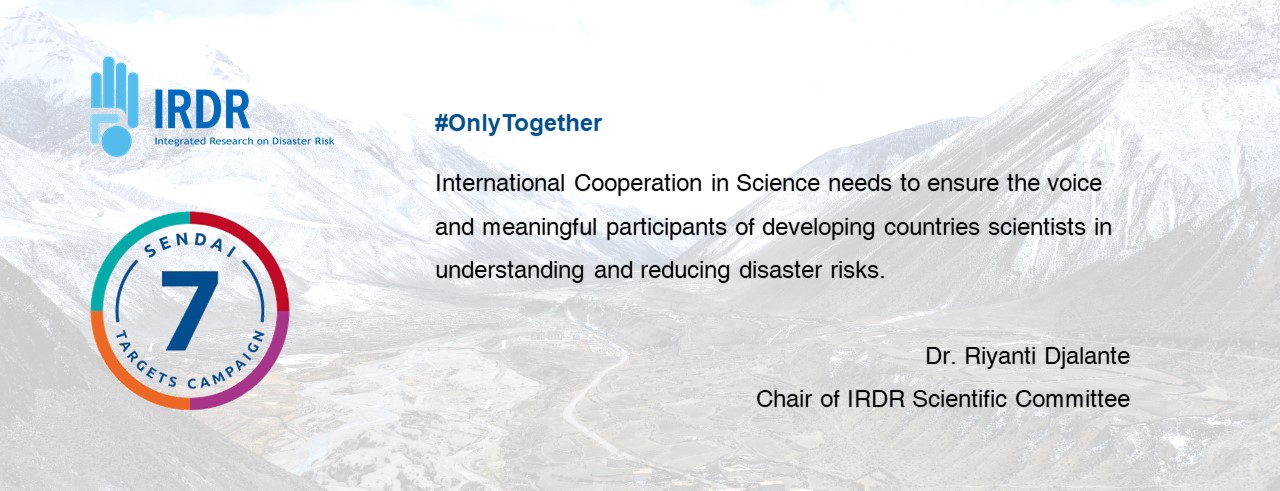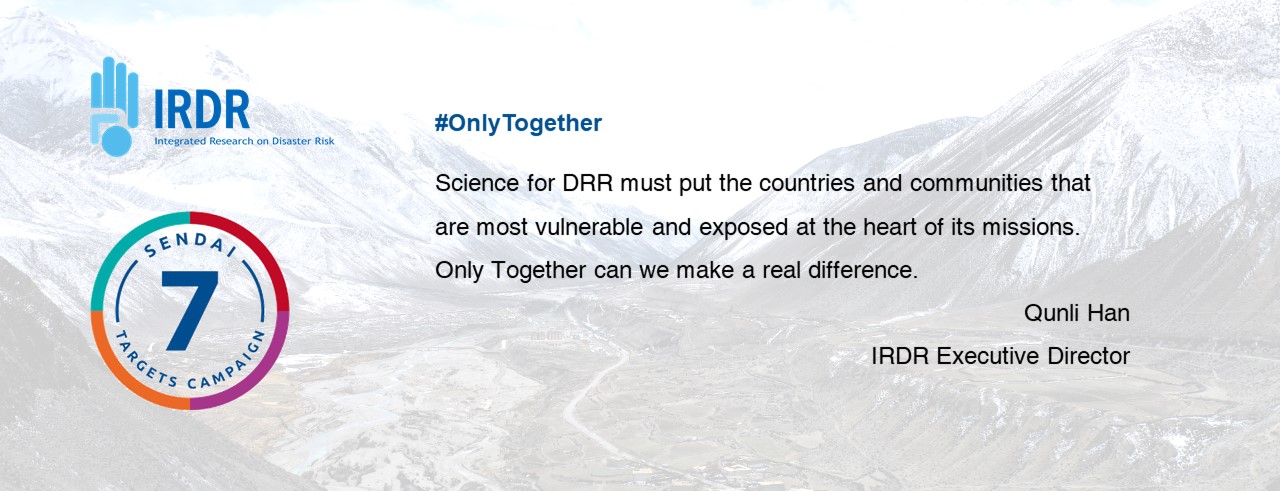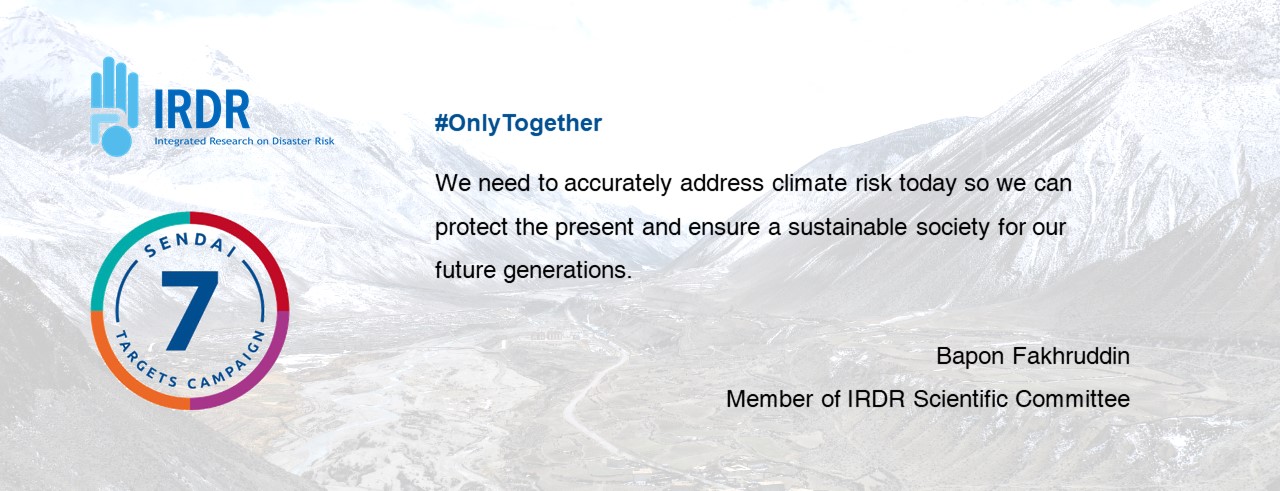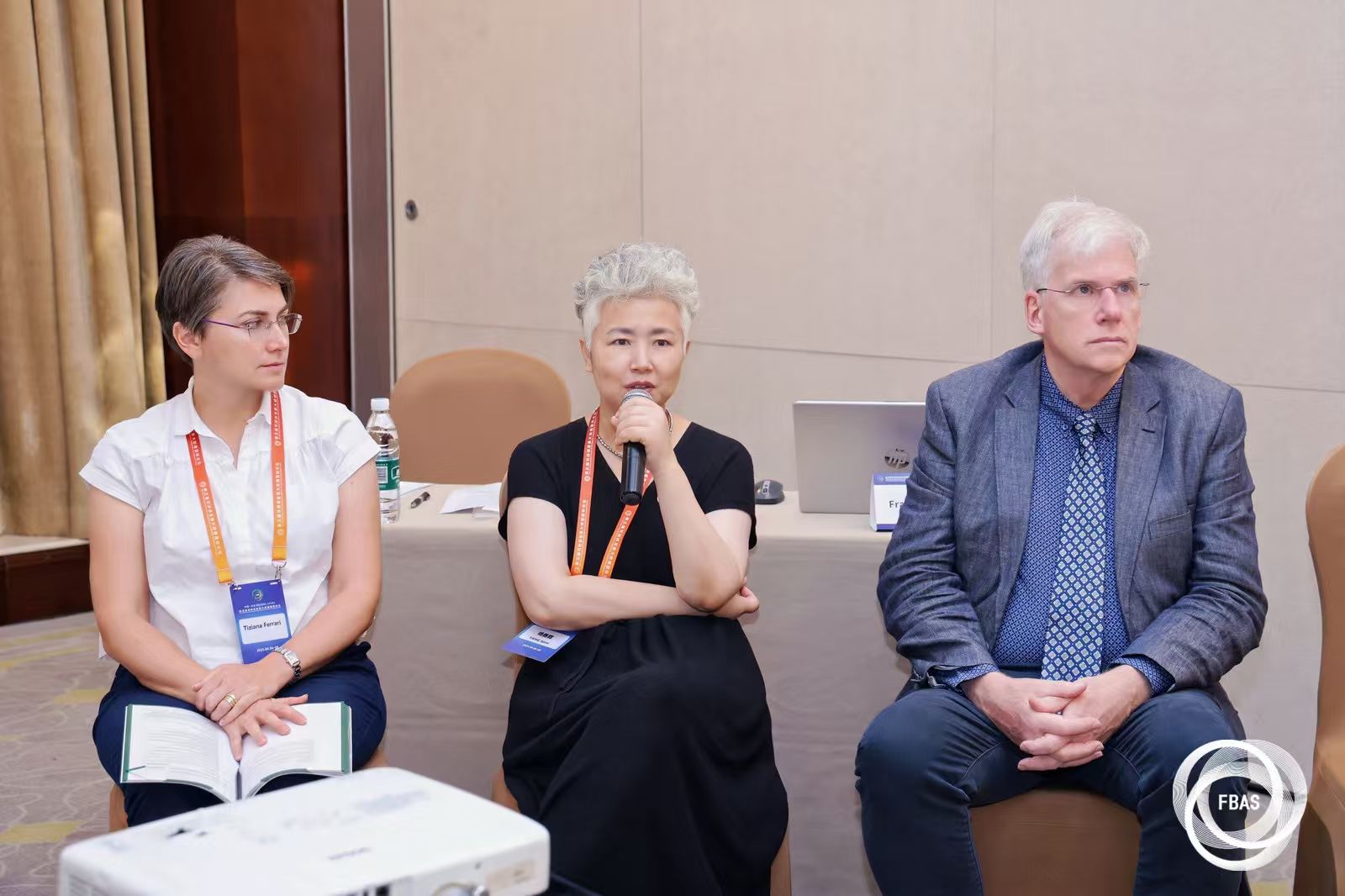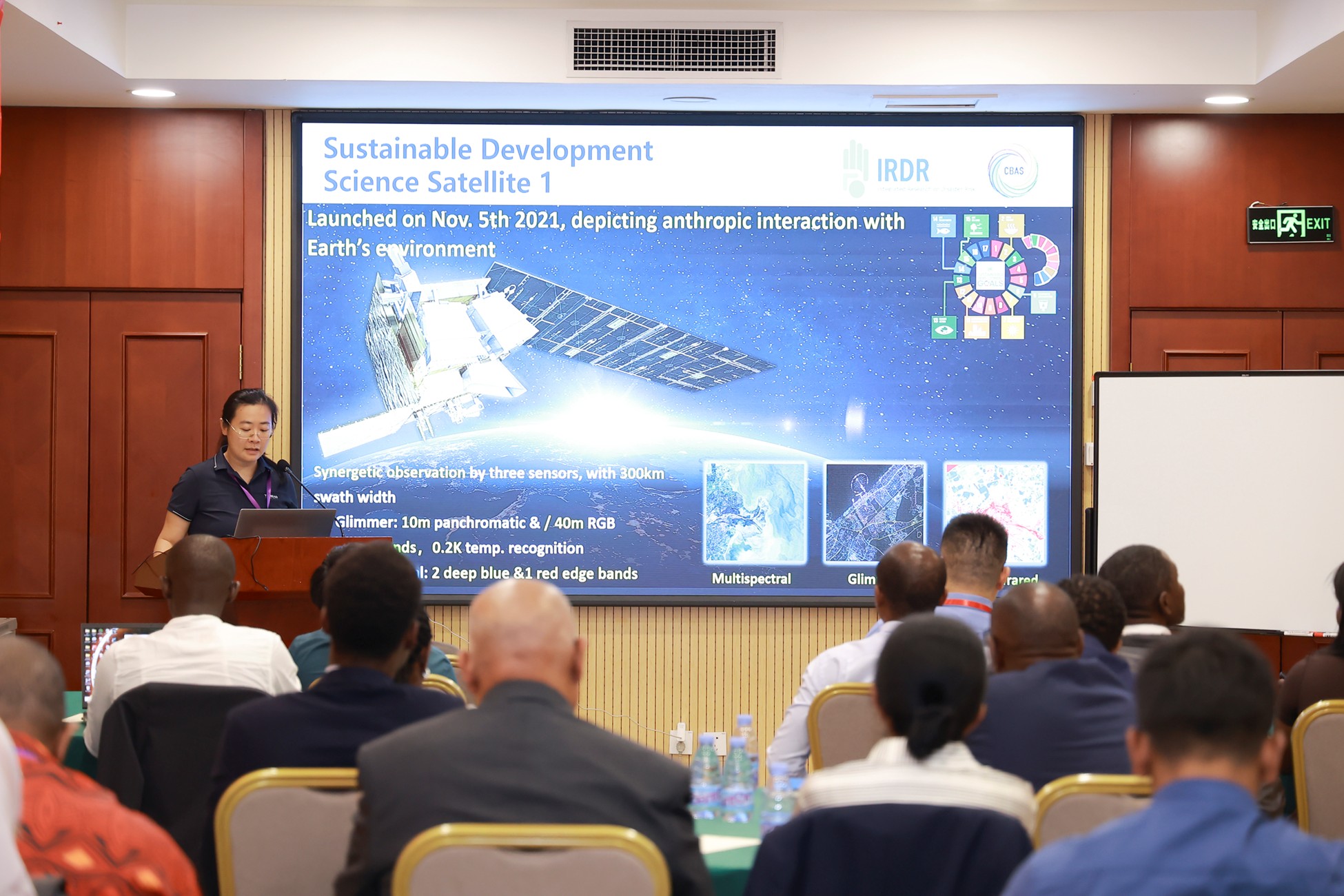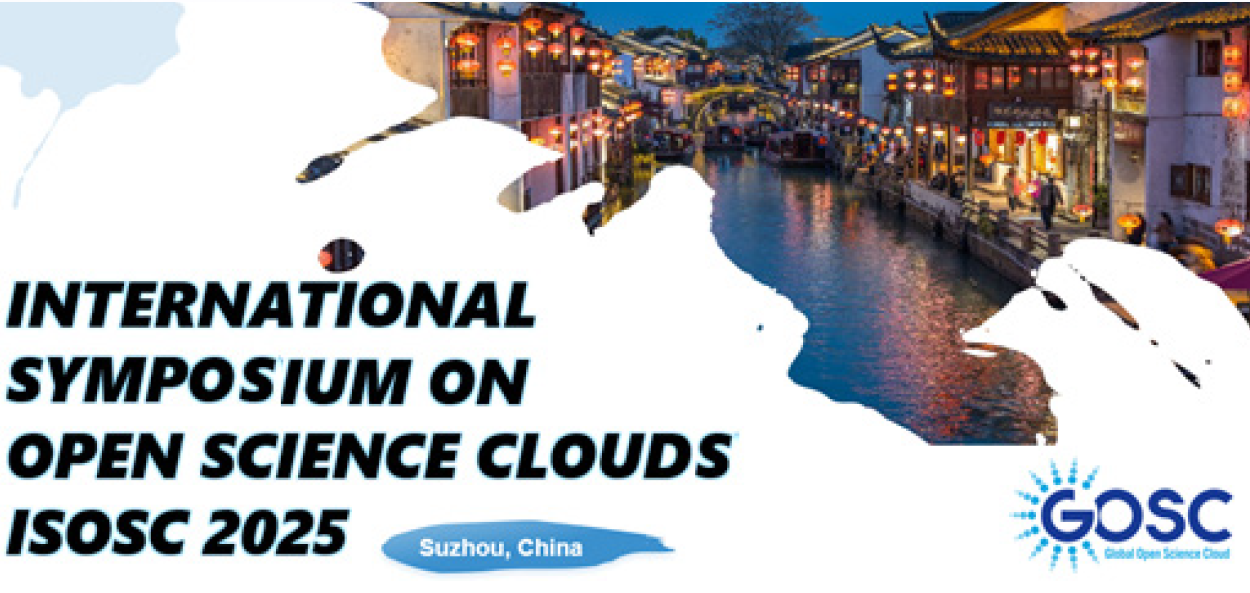Polskie Kasyna Internetowe 2022: Ranking 10+ od M. Rabszski
Kiedy odwiedzisz kasyno online w Polsce, natkniesz się na różne bonusy dla graczy. Istnieją kasyna online, które dają bonusy bez konieczności dokonywania depozytu początkowego. Niektóre z nich wymagają jednak od graczy dokonania wstępnego depozytu, aby otrzymać bonus. Najważniejsze jest to, że bonusy są korzystne, jeśli się je odpowiednio wykorzysta. Są one tym, czego kasyna używają, aby zwabić graczy do przyłączenia się do nich z powodu ostrej konkurencji na arenie hazardu. Bonusy pozwalają również początkującym graczom spróbować różnych gier, zbudować swoje bankrolls i zrozumieć strategie gry. Kasyna online w Polsce na http://topkasynoonline.com/ oferują różne sposoby dokonywania z nimi transakcji. Dopuszczają karty debetowe/kredytowe, przelewy bankowe i e-portfele. Opcje te dają Ci możliwość wyboru metody, z którą czujesz się komfortowo. Większość metod transakcji jest niezawodna, bezpieczna i wygodna. Niektóre kasyna zintegrowały kryptowaluty jako metodę płatności, aby umożliwić graczom dostęp do ich ulubionych gier. Metody kryptowalutowe eliminują transakcje z udziałem osób trzecich, dzięki czemu transakcje są nieco tańsze niż inne metody. Nie musisz grać w gry z wysokim limitem przez cały czas. Zamiast tego, znajdziesz w sieci różne gry, które wymagają niskich stawek, dzięki czemu unikniesz dużych strat w kasynach. Gry z niskim limitem pozwolą Ci mieć kontrolę nad swoim bankrollem, a także nad tym, co robisz. Grając w polskich kasynach będziesz miał wiele gier, w które możesz grać na niskich stawkach i wygrywać duże sumy. Istnieje wiele korzyści z hazardu online w Polsce. Jednakże, musisz znać niektóre z zalet i wad hazardu online, zanim zaczniesz aktywnie grać.The focus of this year’s International Day for Disaster Risk Reduction is on Target (f): “Substantially enhance international cooperation to developing countries through adequate and sustainable support to complement their national actions for implementation of the present Framework by 2030.” It calls for international cooperation for developing countries to reduce their disaster risk and disaster losses.
The key message from António Guterres, UN Secretary-General addressed "It is about ensuring fair and equitable access to vaccines for everyone, everywhere; dramatically increasing funding and support for climate change adaptation and resilience building; and delivering on the Sendai Framework."
The key message from Mami Mizutori, Special Representative of the UN Secretary-General for Disaster Risk Reduction emphasised that "Only together can we make true progress towards a safer and more resilient planet."
IRDR will continue its efforts to mobilize science for DRR and contribute to the DRR capacity building for the young generation and the developing countries.
